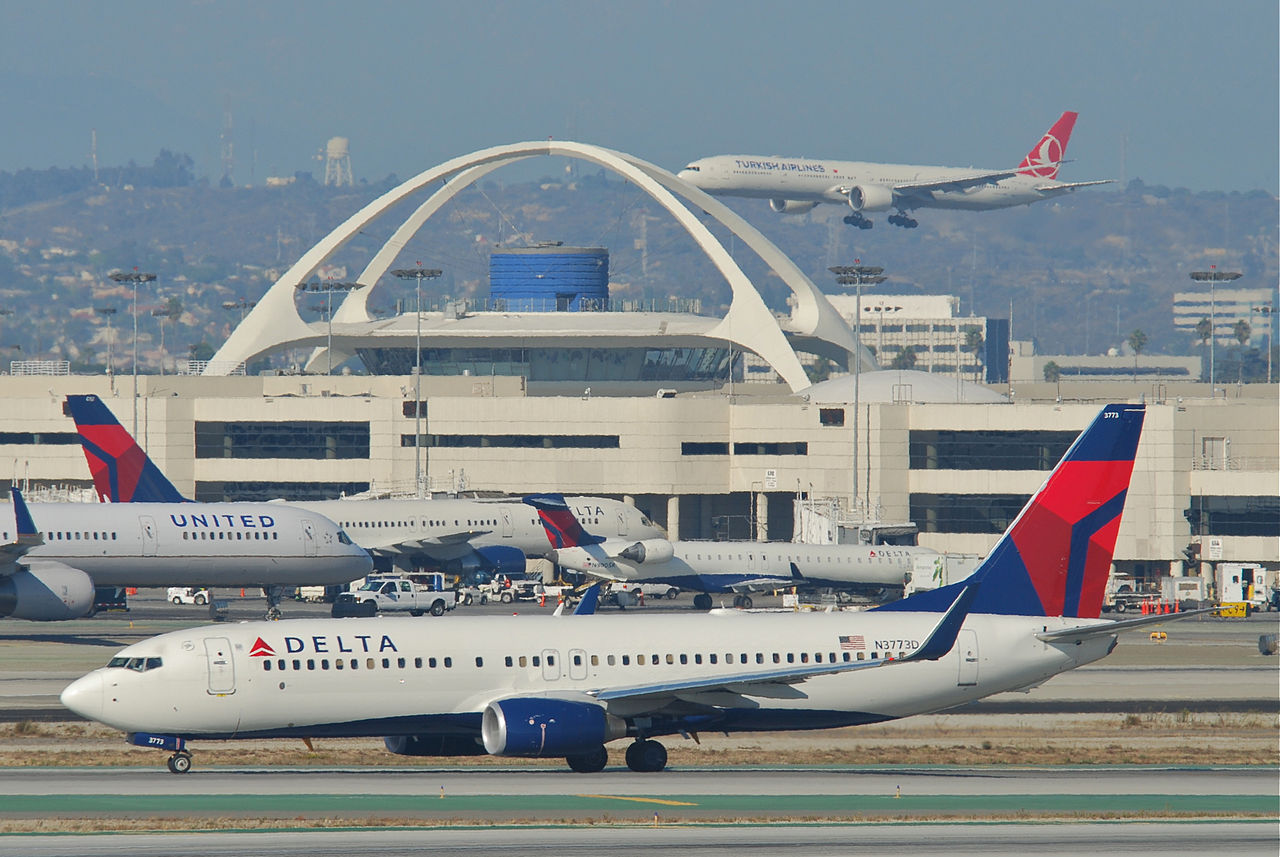When Bruce Springsteen sang “I just want someone to talk to, and a little of that human touch,” it’s possible he was listening to tinny “hold” music just like I was last week as I attempted to get my DSL back online. Or he was thinking about a girl, something I also had time for during the interminable wait on the phone.
Increasingly, our daily interactions with business and services are becoming less dependent on any human element other than the testing of our own patience. At first, “support” phone numbers appear to be about putting you in contact with a living, breathing person who wants to help; someone who cares. But to get that person, if there is a live human in the system at all, you must first work your way through a labyrinth of automated questions, sometimes surrendering personal identity information or e-mail addresses in the process. “We’ll let you talk to a human in a moment, but first… dance, little monkey!”
Laura Penny, who has been a union organizer, college professor, and teaching fellow, has written book that purports to give us “the truth about bulls**t”. The book’s title: Your Call Is Important To Us. Some critics think Penny hasn’t stirred up much of anything new, but I think she’s on to something with that title.
Life now is filled with hollow statements that become instantaneous contradictions. If a phone call were important, why wouldn’t the large corporate entity at the other end spend more money on human personnel and less on elaborate robotic answering gear?
A current television commercial shows several instances of customers getting comically poor service, then it implies that customer service is ‘back’. That would be delightful. Unfortunately, downsizing and a desire to get the customers to do most of the work seems to be systematically reducing the level of human-to-human interaction in American business and services.
Right now if you buy a plane ticket, you struggle with (human-less) Internet booking, pay a fee for curbside service that used to be free, print your own ticket in the airport from a computer touch screen, then lift your own luggage onto the scale at the counter. Fortunately, as in the burning tire landing at LAX last week, there are still human pilots in the cockpit.
And here’s the odd part: There is every indication that adding humans to the mix increases customer satisfaction and loyalty. Maybe people really do need giant cups of coffee, but something they also enjoy is pleasant social interaction with the counter people. Starbucks, for whatever else they’re up to, provides profit sharing and health care to its employees and that increases the chances that the vibe between customers and employees will be imbued with something other than “I hate my job.”
By the way, after being told by a machine that my wait time could be 20 minutes, I did talk to a very helpful and upbeat human about my DSL problems. He was talking to me from Canada.
Last week Sam Fields passed away. Fields was a disc jockey who brought his own personal love for blues-influenced jazz to LA airwaves. At a time when the newest format in radio, “Jack,” is a mix of shuffled hit songs connected only by a nameless recorded voice cracking wise and saying nothing about the music… Sam Fields is one more human resource lost. Directors and station managers agreed: Fields’ taste in music elevated the stations he worked for. A human being carefully selecting and sharing music he cared about. To crib from Laura Penny, his calling was important to us.
This Week’s “Know Your News” Quiz
1) NBC is having trouble with
(a) its Thursday night line-up.
(b) runny fake blood on “ER”
(c) stock tips from Martha
Stewart.
2) Bush improved his Rita
hurricane handling by
(a) flying to Colorado.
(b) checking a map.
(c) hugging blacks before the
storm.
3) Phil Spector filled a suit against
(a) his hair dresser.
(b) “Weird Men’s Clothing”
magazine.
(c) his personal assistant.
Answer Key
1) (a) “Must see… something?”
2) (a) “I see nothing…”
3) (c) “I see my wallet’s missing…!”












